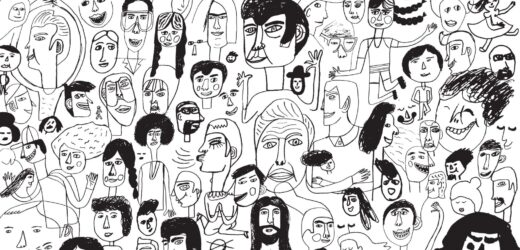As professors, we have all been there—trying to decide the best way to assess students to determine whether learning has taken place. The goal of education is, after all, to get the information into the student's long-term memory so that he or she can draw on it and experience a lifelong benefit. We do not talk all that often about how we're assessing learning. We're not always happy with how we do it, but we keep using the same approaches anyway.
Related Articles
I have two loves: teaching and learning. Although I love them for different reasons, I’ve been passionate about...
Could doodles, sketches, and stick figures help to keep the college reading apocalypse at bay?...
We’ve all faced it: the daunting stack of student work, each submission representing hours of potential grading. The...
Storytelling is one of the most powerful means of communication as it can captivate the audience, improving retention...
For some of us, it takes some time to get into the swing of summer. Some of us...
About a year ago, I decided to combine the ideas of a syllabus activity and a get-to-know-students activity....
The use of AI in higher education is growing, but many faculty members are still looking for ways...









